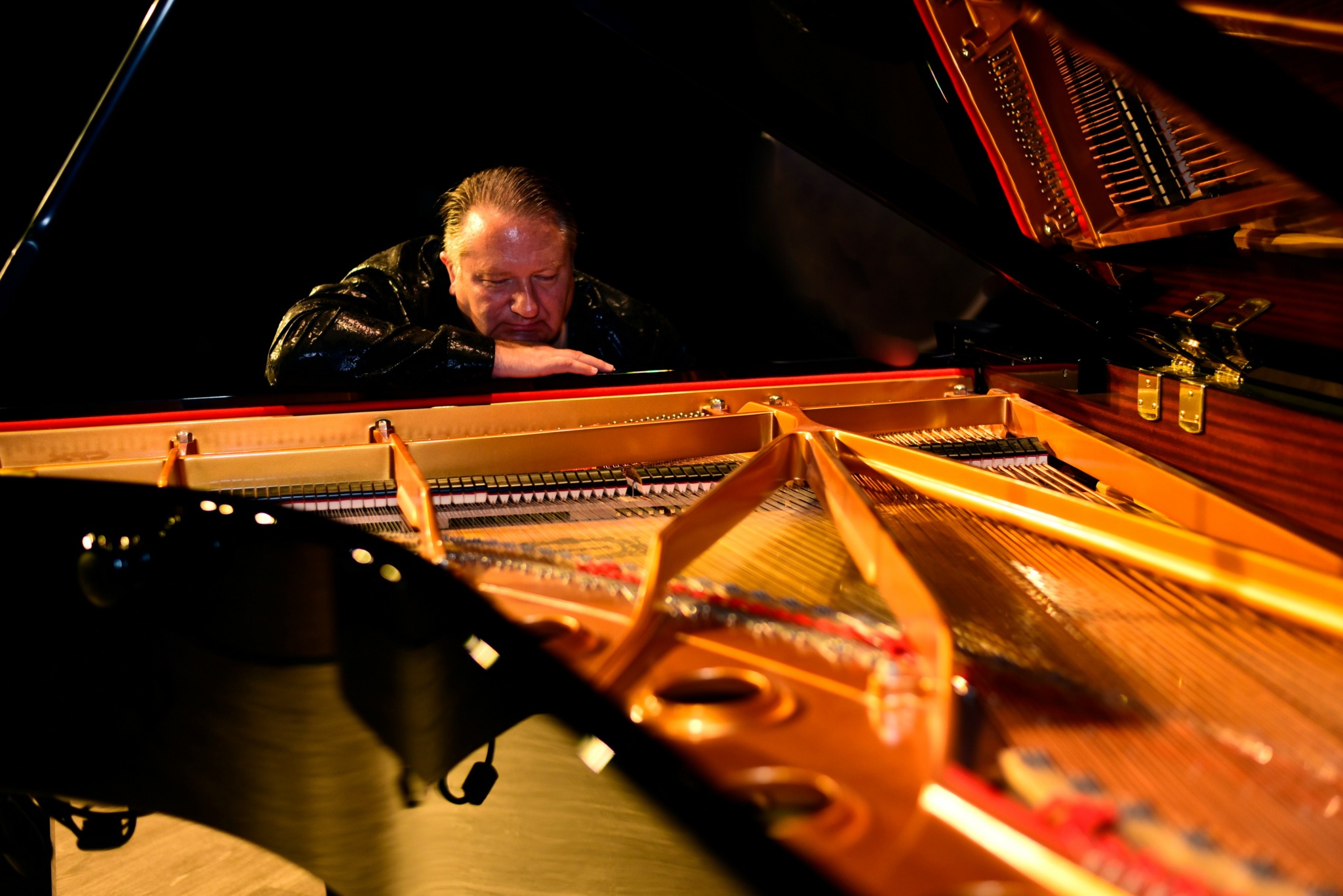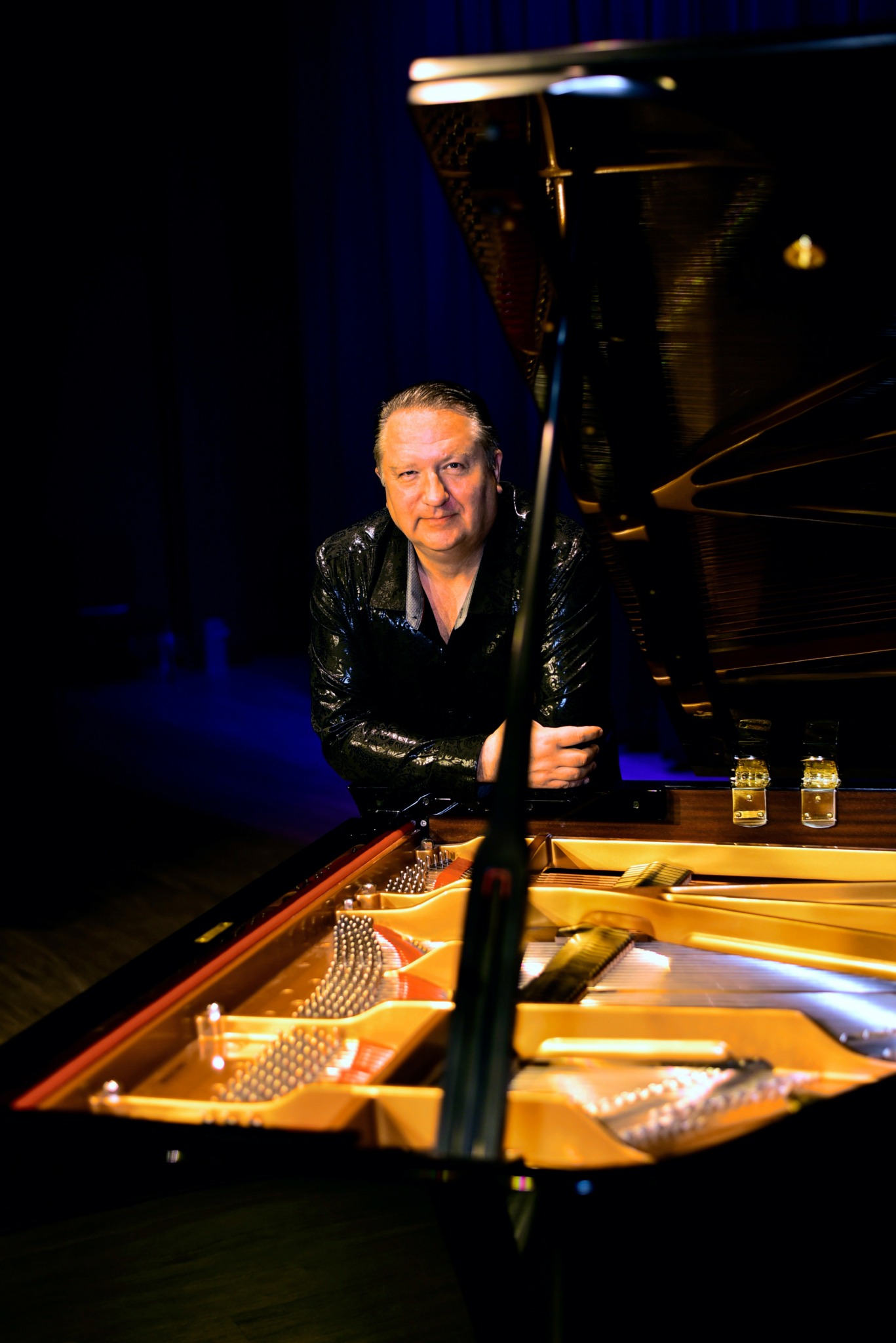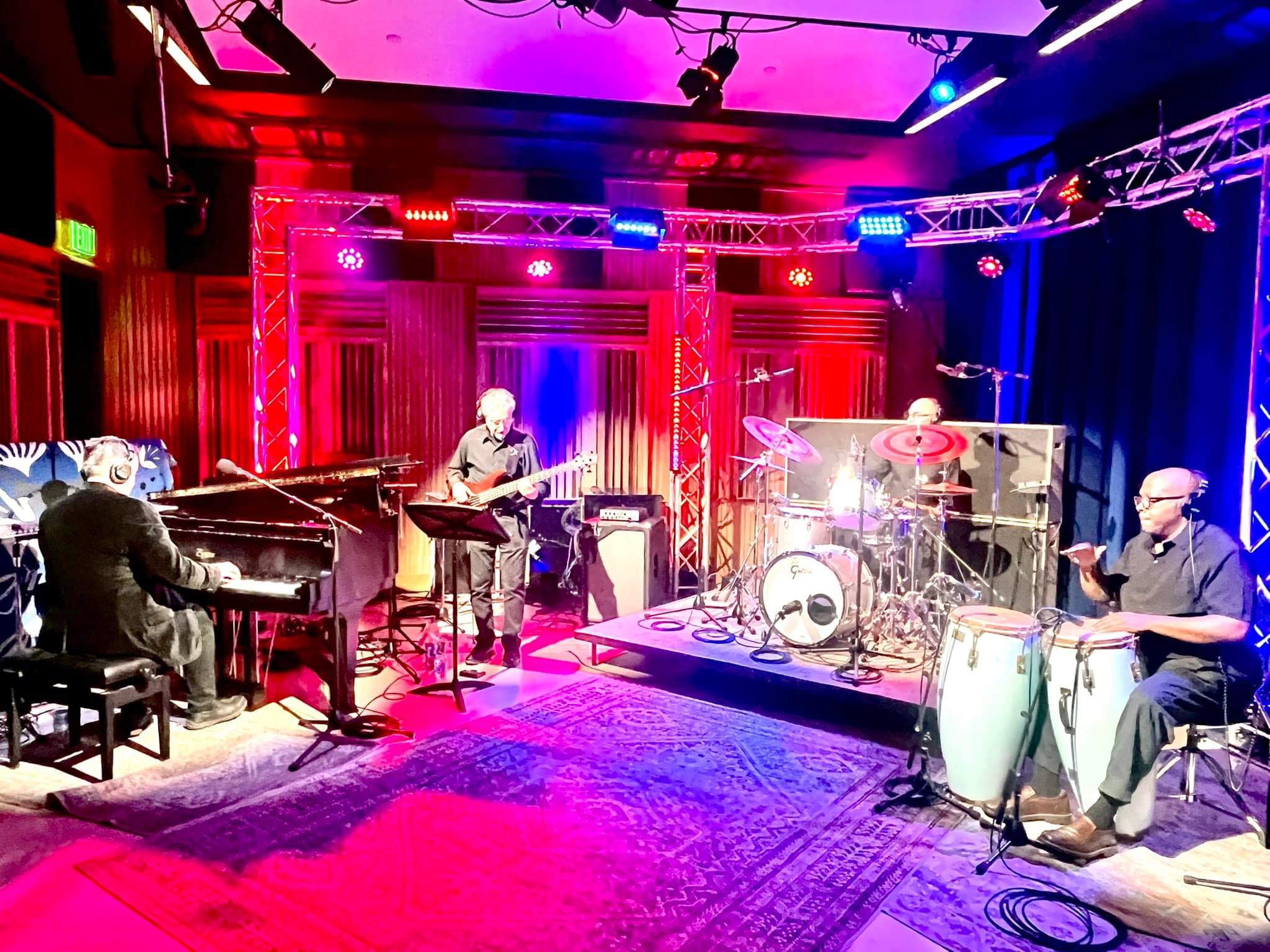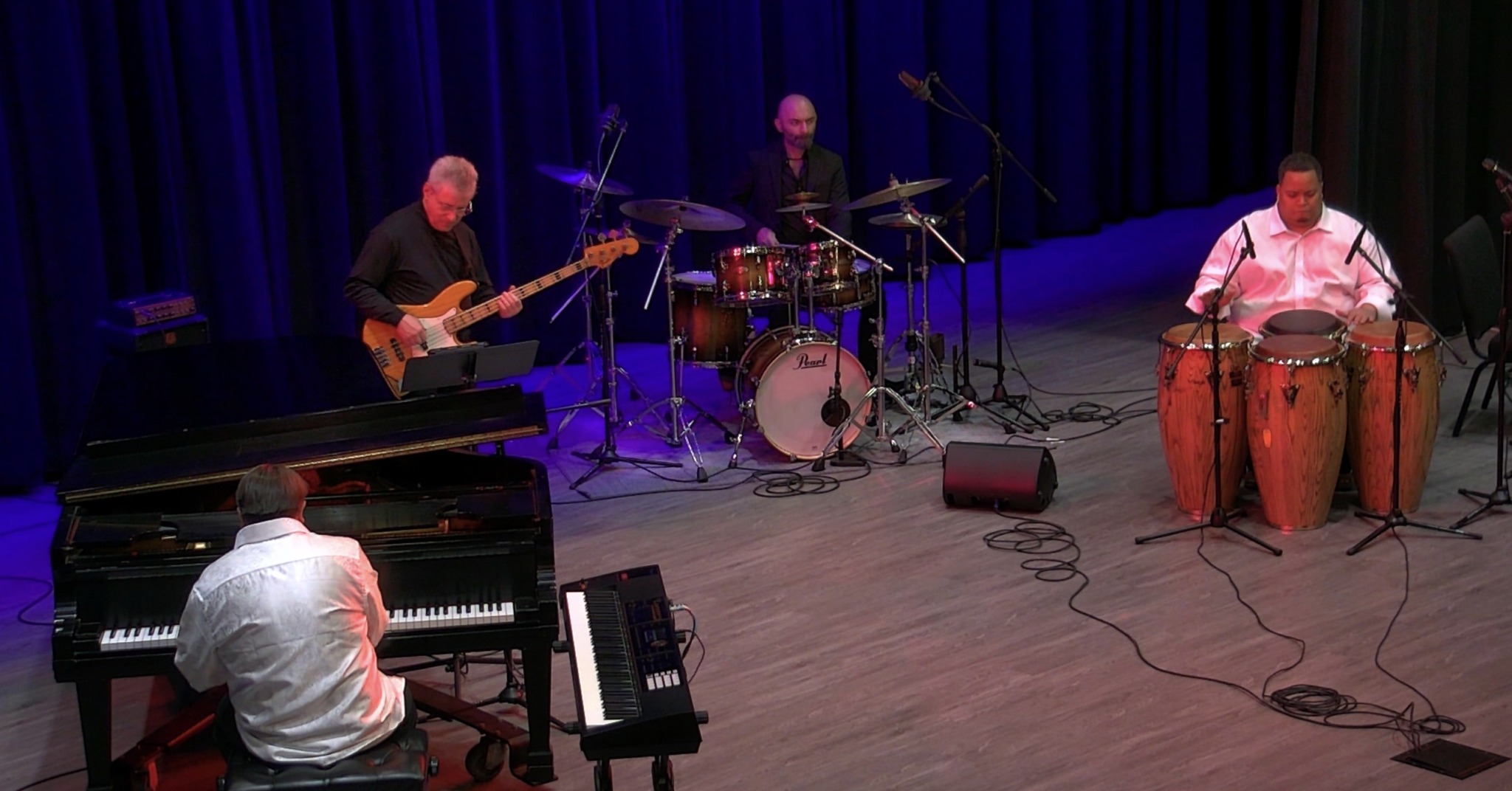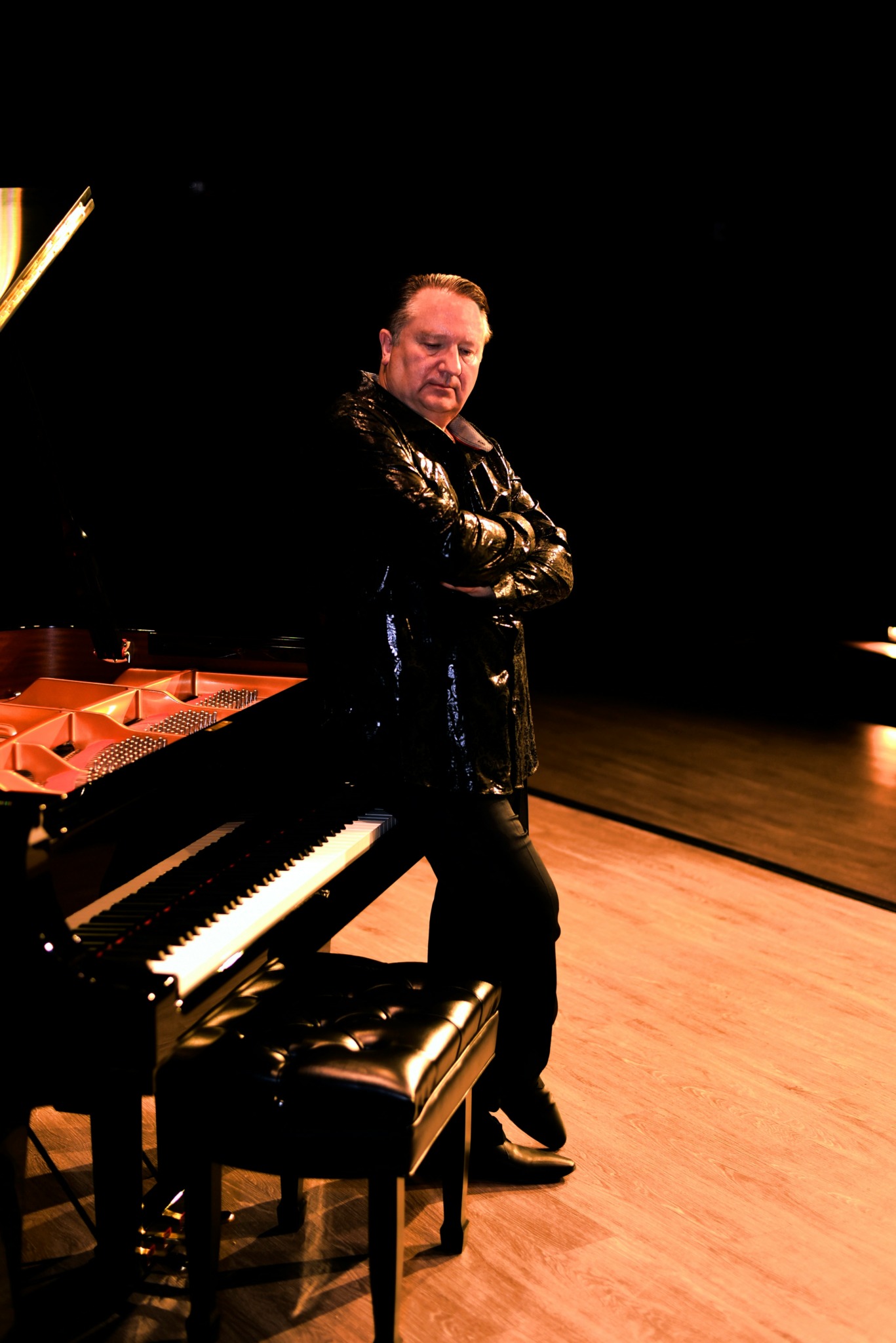We caught up with the brilliant and insightful Andy Nevala a few weeks ago and have shared our conversation below.
Andy, looking forward to hearing all of your stories today. Are you able to earn a full-time living from your creative work? If so, can you walk us through your journey and how you made it happen?
I have been fortunate enough to earn a living in the creative arts through performing, teaching, and arranging music for over 30 years. The choices I have made in my career path follow a similar track in the different phases of my career. The first step, and most important, was to connect with a teacher that is doing what you want to do. I put myself in that position by attending college; that’s not the only way, though, as others have moved to a new location to study with a specific teacher, or live in a different area (New York city for example), but for me the college route was the best choice. I also knew if I wanted a job in the Arts that included retirement and healthcare, I had to do what was required to be in the position to be competitive for a university teaching job, and that was a University Education.
In college at Boise State University, I was learning in the weekly lessons, but more importantly I was learning by being in the audience at jazz performances around town, and sometimes sitting in when my teacher had to miss. Those experiences were invaluable for a young musician. Soon I was playing in groups all over town. After I graduated with a Bachelor of Arts in music in 1996, I was playing music at least 5 nights a week. After a year of doing that, I knew what I needed to do to advance my career path, and packed up my van with almost everything I owned and left for graduate school in Colorado.
I walked on campus without a dime in scholarships; by the next fall I had a full graduate assistant position and graduated from the University of Northern Colorado in 2000 with a Masters in Music Theory and Composition. I had a great experience, winning several downbeat awards for groups I played in and directed, and was fortunate enough to work for and learn from Dr. Gene Aitken and Dr. John Davis, where I learned the nuts and bolts on how to run a successful jazz program. By the time I graduated, I was playing 3-4 nights a week with a salsa group in Denver, Conjunto Colores. Making a living, but still hand to mouth, and knew I needed to get that last piece of paper, the Doctorate..so I enrolled at The University of Colorado, Boulder, and started studying with the great jazz pianist John “Chip” Stephens.
I became a teaching assistant in the Jazz Program at CU, where I was the first student to enroll in the Jazz Doctoral Program. I had an unbelievable experience. Learning from Chip, learning from John, watching them put students in positions to be successful. We won several downbeat awards, I won one for an original composition and another for an arrangement. Spring of my 2nd year at CU, Chip let me know about an opening for piano with the Glenn Miller Orchestra, as he had taught some of the guys in the touring band at his previous gig. I was hired over the phone to be the new pianist, and I left two weeks later for the full-time touring experience. I stayed with the Glenn Miller Orchestra for a year and a half before I returned to finish school. I had thought being a full-time touring musician was “it”, but realized over time that there was still more out there, so I returned to school and full time gigging in the Denver/Boulder area.
I knew I wanted a University Position teaching music/jazz, so I started applying for those jobs. In 2008 I was hired to run the Jazz Studies program at California State University, Stanislaus. I had retirement and health care, and was teaching Jazz. This gig allowed me to perform as much as I could ever want, and it was near San Francisco, which has a vibrant jazz and Latin music scene. I was making professor salary AND gig money, but I knew I wanted to be somewhere with more resources where I could develop and grow a jazz program.
I was hired as Director of Jazz Studies at Jacksonville State University in fall of 2011. I was interested in the position because the band program was strong, including almost 500 students in the Marching Southerners, and the cost of living was low compared to what I was paying in California. I was also ready for the next challenge: growing a successful jazz program.
The Jazz Program when I arrived in Fall of 2011 had two big bands and two combos. Now, we have four big bands, 6 Combos, a Latin Ensemble, a Vocal Jazz Ensemble, classes in Jazz Arranging, Jazz Theory, Jazz Piano, Jazz Pedagogy, and Jazz Improvisation, taught by myself and three adjunct faculty. We won Downbeat Awards in 2015 and 2023 for our top big band, and started a Jazz Performance degree option in 2022.
JSU is within two hours of Atlanta, which is home to many great musicians in many different genres and styles. I was fortunate to start playing with Orquestra MaCuba, a salsa band in Atlanta, where I eventually connected with the musicians who play in my own Quartet. My Quartet has recently completed a short European tour, have performed at Dazzle in Denver, the University of Wyoming, and are finishing are newest album.
How could I have done it better? Practice more as a student. I didn’t really learn good practice technique until my time at CU Boulder…if I had focused and buckled down earlier in school who knows what would have happened. It’s always easy to look back and 2nd guess your decisions, though. Keep moving forward….don’t look back.
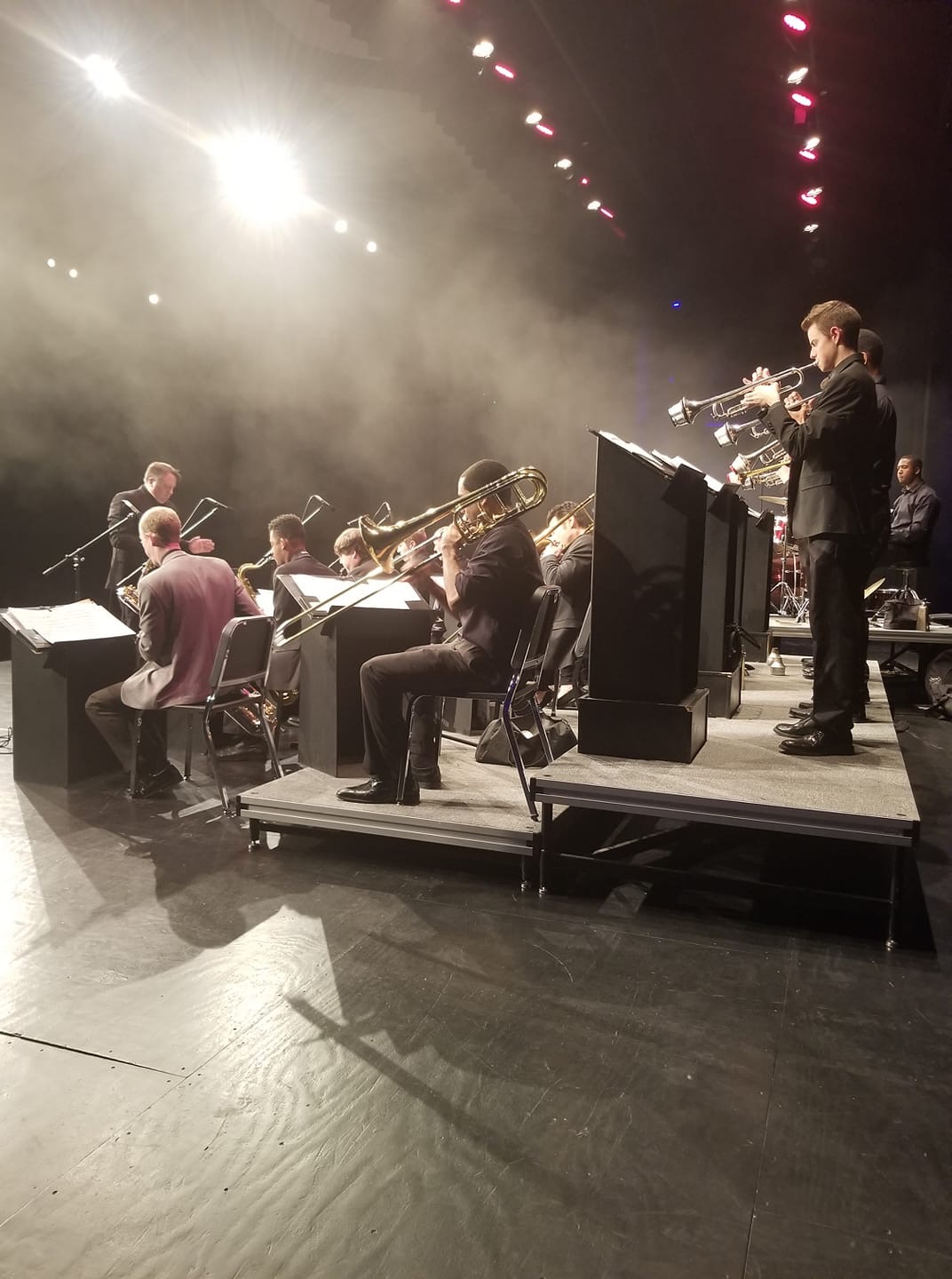
Awesome – so before we get into the rest of our questions, can you briefly introduce yourself to our readers.
I am currently Director of Jazz Studies at Jacksonville State University, where I direct the Downbeat Award Winning Jazz Ensemble I (2015, 2023), Jazz Ensemble IV, the Latin Ensemble, oversee the Jazz Combo program, produce the annual Jazz Festival (in it’s 13th year), and teach Jazz piano lessons. Since my first day on the job, the JSU Jazz program has more than doubled in size to 4 Big Bands, 6 Combos, a Latin Ensemble, a Vocal Jazz Ensemble, and a degree track in Jazz Performance. Student groups perform in the community, at regional and international festivals, and Middle and High Schools in the Southeast region.
I am most proud of the Downbeat magazine awards, winning individual Downbeat Music Awards for composition (2002), arranging (2003), and performing/directing (2000, 2001, 2002, 2015, 2023).
I have recorded on over 20 CDs released in the US, Japan, and South America, most recently New West Records “Big Band of Brothers”, which debuted at No. 2 on the Billboard Jazz Charts, and “Three Times Two”, released on the Girod record label out of New Orleans. I’m currently finishing up work on three projects: the 2nd Band of Brothers CD, a Jazz trio CD, and the new CD from my Quartet, which is performing in Europe and around the US.
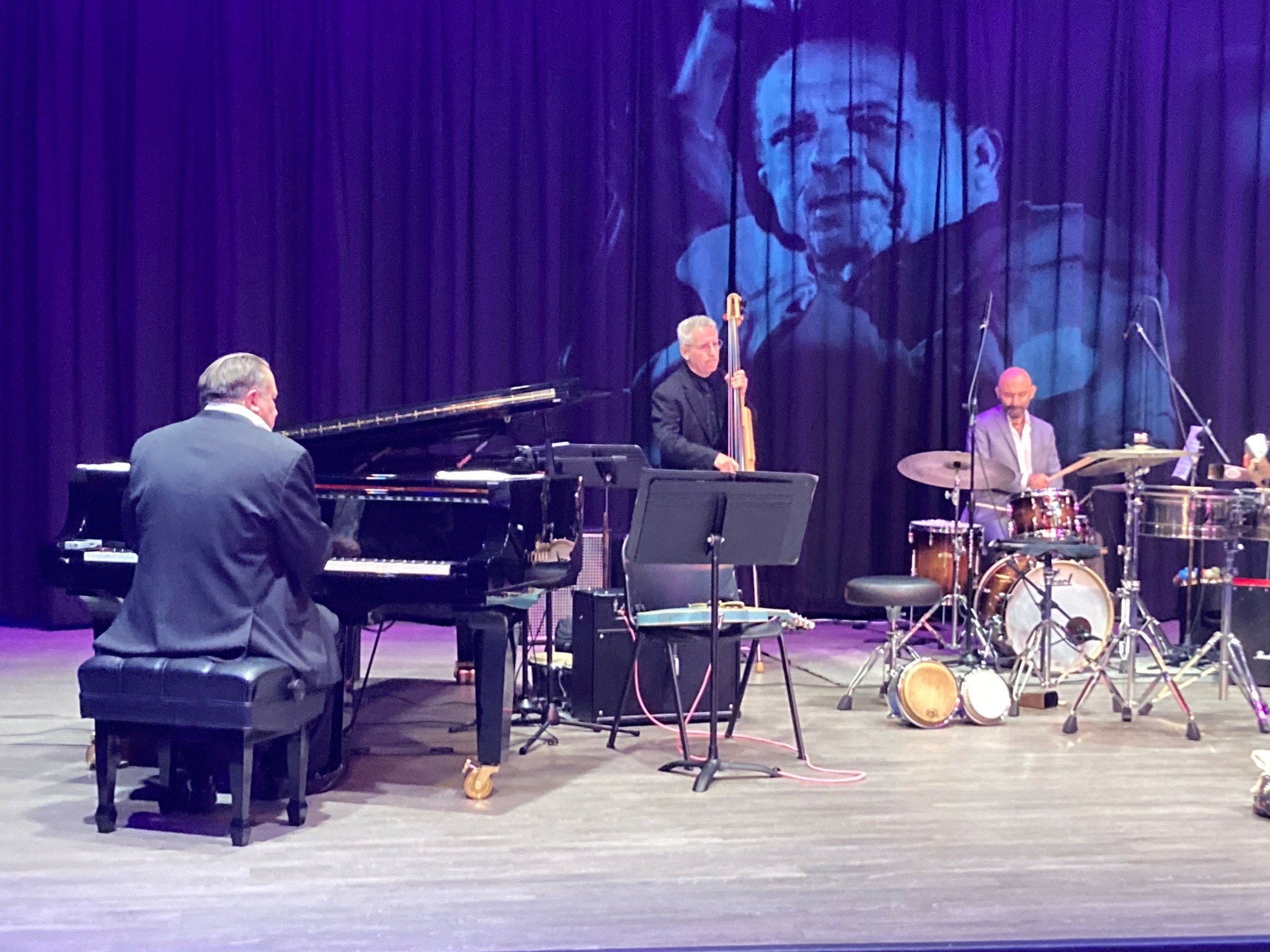
What do you find most rewarding about being a creative?
Being able to creative something from nothing. An original song may seem like it comes out of nowhere, but inspiration comes from many different places…memories, emotions, experience, a place, a person. Same with arranging music – making something your own by putting your “thing” on it, is a challenge, but very rewarding.
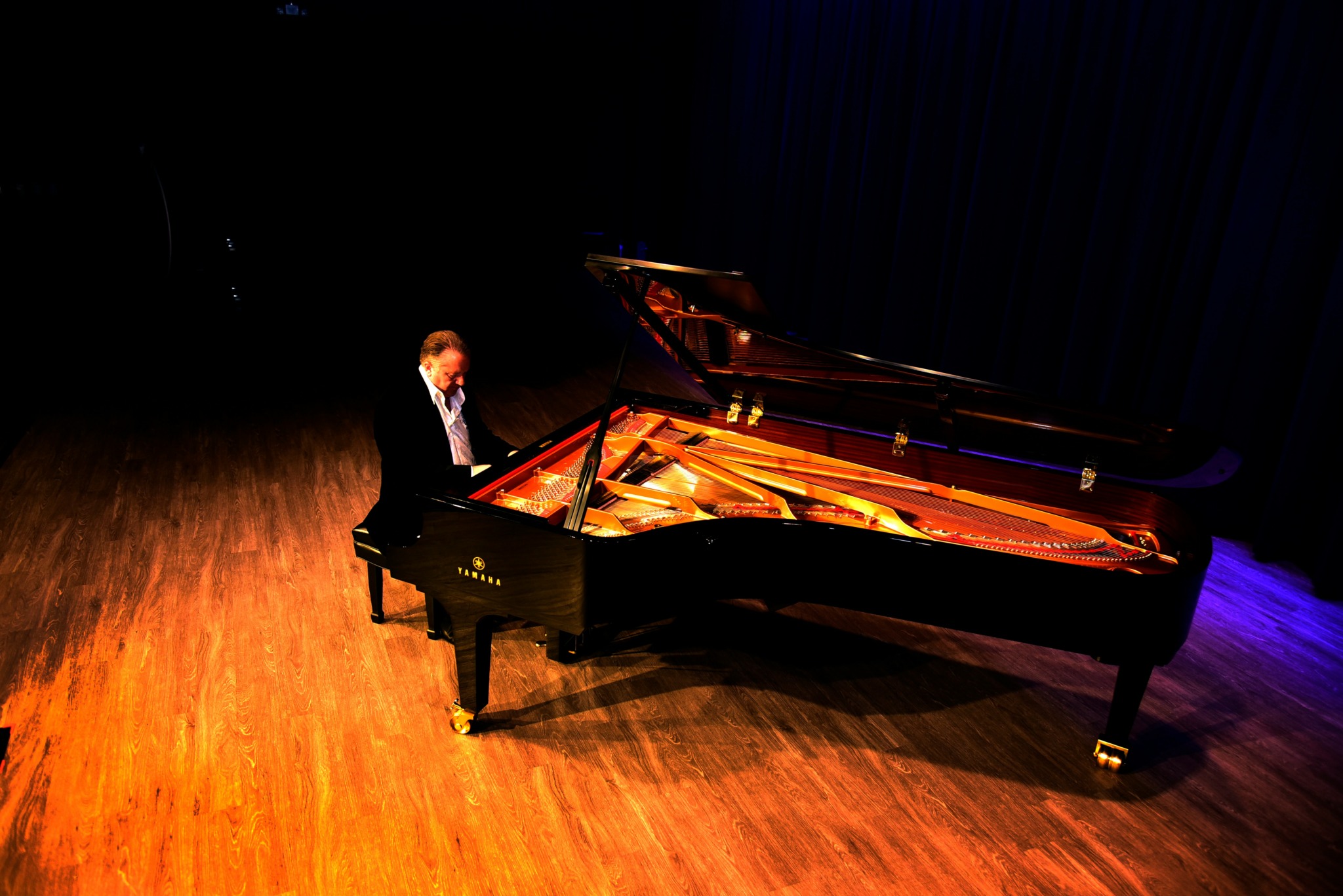
Do you think there is something that non-creatives might struggle to understand about your journey as a creative? Maybe you can shed some light?
Why would i spend so much time at three different colleges to learn how to play music? College, to me, was more than just a “go to class and get the grade” experience. It was the “process” of being in that environment that I learned the most lessons. That process included interacting with other students that had the same/different ideals as me, interacting with professors and teachers that knew more than me, setting goals for myself to do things I couldn’t do yet, being a part of a group with a combined goal/outcome, learning, being forced to do what I didn’t want to do…..it was the learning “process” that came with being in those places, with those people, and the connections I made that really benefited my career. Finding your “tribe” is another way to put it, and I’m very grateful to those that have been a part of that for me.
Contact Info:
- Website: https://andynevalamusic.com
- Instagram: andynevalamusicllc
- Facebook: https://www.facebook.com/andy.nevala/
- Linkedin: https://www.linkedin.com/in/andrew-nevala-2207533b/
- Youtube: https://www.youtube.com/channel/UCme2cl1ouUHLto5Ev77f2lw
